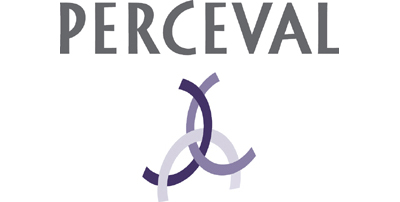Real Results
The Fear Factor
A senior portfolio manager at a global investment firm suffered from chronic presentation nerves — a serious problem since he had to present on a regular basis. He was always very well prepared, but even this was an ordeal. In his own words, “Every one of these, no matter how small it is, takes too much time.” The situation came to a head at a recent meeting, when the pressure actually made him nauseous.
Solution: By listening between the words, while “talking him down,” Jane realized that he considered his nervousness a personal weakness. But by leveraging her credibility with him as an expert, Jane was able to convince him of an important truth – that he was really a very good presenter. “I can tell by looking at the faces in your audience,” she told him. “But if you want to prove it to yourself, just count the number of people who ask you questions and come up to speak to you later. ”
Result: The presentation that afternoon was not only successful, it was a breakthrough and the manager was able to apply his richly deserved self confidence going forward. In addition, a personal “speaker prep ritual” now enables him to use less of his valuable time and energy prior to each presentation.
Every Man for Himself
When a midsize institutional fund manager was losing assets and clients due to weakness in the market, they needed to reposition the firm as a strong team. But their fund managers were used to operating in separate silos and rarely interacted outside of presentations. In fact, there was no real team.
Solution: In order to position them authentically, Perceval worked with this firm on several levels: to reshape their story, to integrate new members of the team into the firm, and most importantly, to refocus the portfolio managers on marketing.
Result: The switch from “every man for himself” to the shared rewards and responsibility of teamwork, required a major change in philosophy as well as in practice. But once the firm successfully repositioned itself with consultants and prospects, they saw a significant turnaround in new business.
Listening but not Hearing
The managers of a start-up hedge fund were known by their peers as brilliant strategists, particularly in volatile markets. Although their fund had an excellent track record, they lacked the patience as well as the listening skills to hear the concerns of potential investors — and often turned off the very people who should have become their clients.
Solution: As an industry expert, Jane understood their investment style, but as a marketing coach, she needed to show them how the speed of their thinking translated into impatience and worked against them. She worked with them on three levels, to identify and focus on appropriate investors, to develop a credible and accessible story, and most importantly, to listen for cues so they could target the story to the real-world needs of their prospective clients.
Result: The fund managers were so impressed with the positive responses from investors, they realized that it was in their own best interest to become better listeners. With Jane’s help, they were ready to go to the next level, with ground rules for client/prospect communications and a professional new business and client management process. No longer a start up, the fund has built a strong stable client base.
Good is not Good Enough
The institutional investment division of a global asset manager consistently made its quarterly numbers, but it was solely based on the efforts of their four senior people. Furthermore, each of them told the story in terms of their own roles, rather than the investment objectives of the division. With the four highest earners telling their own story and bringing in all the profits, there was no way for anyone else to advance, nor was there a back up plan in the event that one of them left.
Solution: Jane worked with management to get everyone on message and telling the same story, consistently. With everyone telling the same story, it became possible for others in the group to present.
Result: By building and enabling a bench team, the division was able to leverage their senior people and get more value from them. Furthermore, they were able to attract and retain new talent, which helped them bring in new business.
